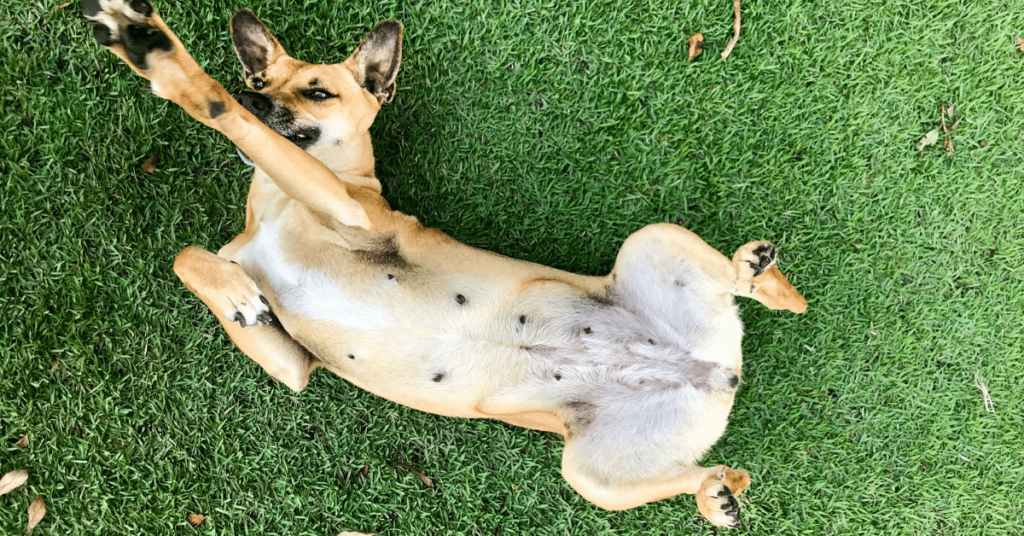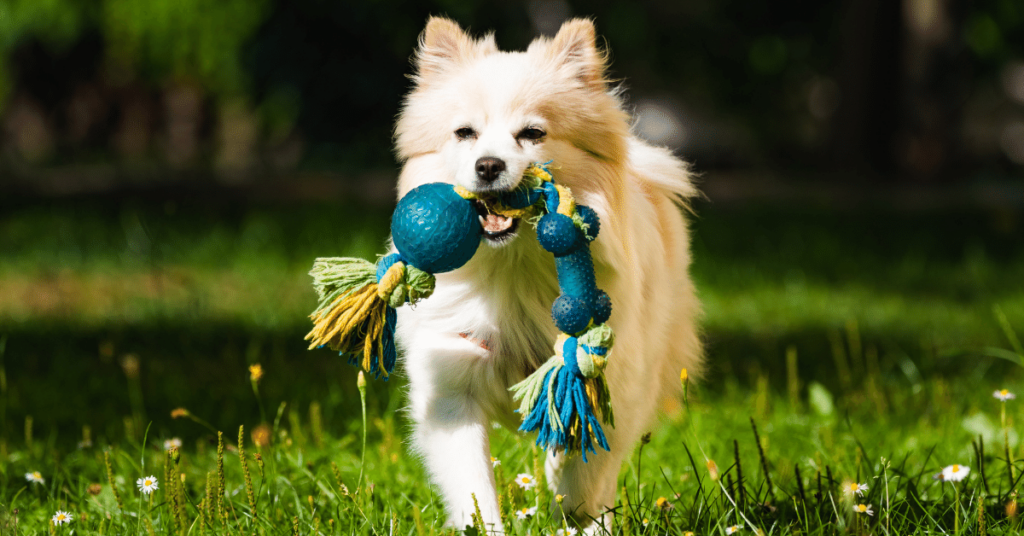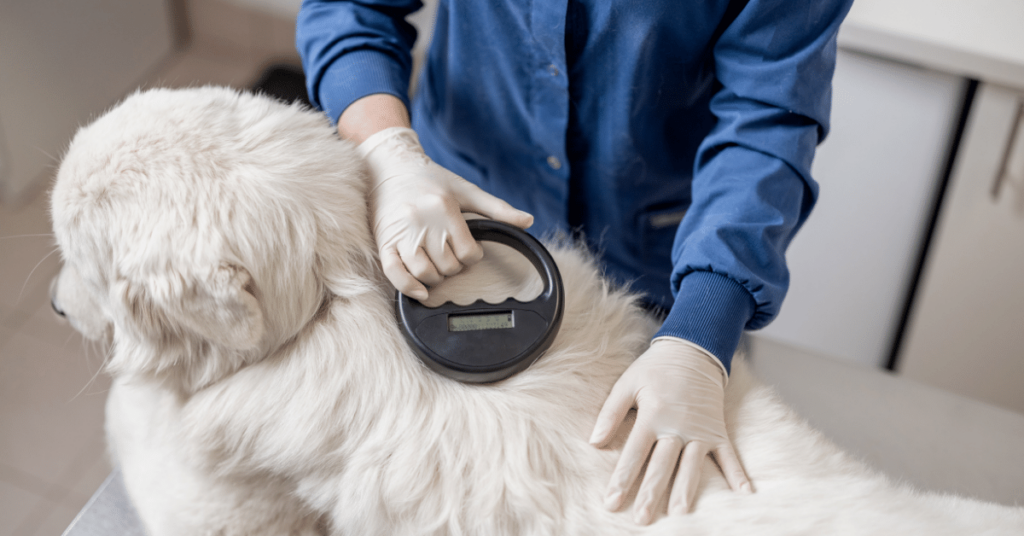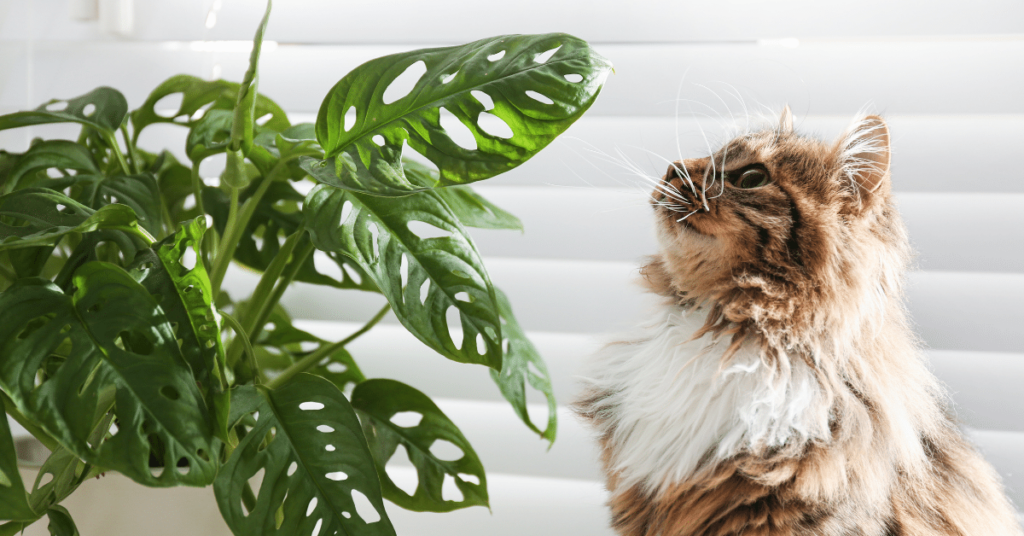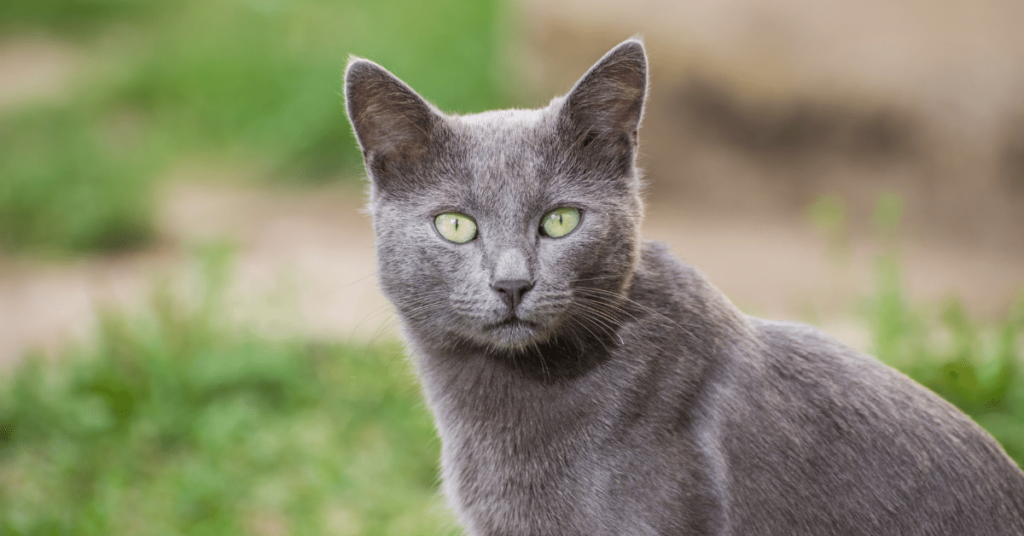Introduction
Having a pet is a wonderful experience that brings joy and companionship to our lives. However, just like humans, pets can also experience digestive issues that can affect their overall well-being. In this article, we will delve into the common causes of pet digestive issues and provide practical solutions to help your furry friend feel their best again.
Understanding Pet Digestion
Before we dive into the specific digestive issues that pets commonly face, let’s take a moment to understand how their digestive system works. Pets, like dogs and cats, have a similar digestive process as humans. Food enters their mouths and is broken down by enzymes as it travels through their digestive tract. The nutrients are then absorbed, and waste materials are eliminated. However, sometimes this process may not function as smoothly as it should, leading to various digestive issues.
Common Causes of Pet Digestive Issues
Poor Diet
One of the leading causes of digestive issues in pets is a poor diet. Just like humans, pets require a balanced and nutritious diet to maintain optimal health. Feeding your furry friend low-quality, processed food, or an unbalanced diet lacking essential nutrients can lead to digestive disturbances. It is crucial to choose high-quality pet food that meets their specific dietary needs.
Food Allergies and Sensitivities
Pets can also develop allergies and sensitivities to certain ingredients in their food. Common allergens include wheat, soy, dairy, and artificial additives. When pets consume these allergens, their immune system reacts, leading to digestive symptoms such as diarrhea, vomiting, and abdominal pain. Identifying and eliminating the allergen from their diet can bring relief to your pet.
Dietary Changes
Sudden changes in a pet’s diet can disrupt their delicate digestive balance. Gradual transitions should be made when introducing new food to allow their digestive system to adjust. Abrupt changes can lead to gastrointestinal upset, causing symptoms like constipation or diarrhea. It’s essential to follow a gradual transition plan recommended by your veterinarian when changing your pet’s diet.
Bacterial Infections
Bacterial infections, such as Salmonella or Campylobacter, can occur in pets and cause gastrointestinal issues. These infections are usually caused by consuming contaminated food or water. Symptoms may include diarrhea, vomiting, and loss of appetite. If you suspect that your pet may have a bacterial infection, it is crucial to seek veterinary attention promptly.
Intestinal Parasites
Parasites such as roundworms, hookworms, and giardia can also wreak havoc on your pet’s digestive system. These parasites can be contracted through contaminated soil, infected prey, or unsanitary living conditions. Common symptoms include diarrhea, vomiting, weight loss, and a dull coat. Regular deworming and proper hygiene can help prevent intestinal parasites.
Pancreatic Issues
The pancreas plays a vital role in digestion, producing enzymes that break down fats, proteins, and carbohydrates. If the pancreas is not functioning correctly, it can lead to digestive issues such as malabsorption, diarrhea, weight loss, and frequent bowel movements. Pancreatitis, an inflammation of the pancreas, is a common condition that affects pets. It can be caused by various factors, including a high-fat diet, obesity, or certain medications.
Solutions for Pet Digestive Issues
Now that we’ve covered the common causes of pet digestive issues, let’s explore some effective solutions.
High-Quality Nutrition
Providing your pet with a well-balanced, high-quality diet is the key to maintaining a healthy digestive system. Look for pet food that contains real, wholesome ingredients, and avoid those with excessive fillers or artificial additives. Your veterinarian can recommend the best diet for your pet based on their age, breed, and specific needs.
Allergy Testing and Elimination Diets
If you suspect that your pet has a food allergy or sensitivity, consult with your veterinarian about allergy testing and elimination diets. Through these methods, specific allergens can be identified, and an appropriate diet can be formulated for your pet to alleviate their digestive issues.
Slow and Gradual Dietary Transitions
When introducing a new diet to your pet, make sure to implement a slow and gradual transition plan. This allows their digestive system to adjust to the new food gradually, preventing any sudden gastrointestinal upsets.
Regular Veterinary Check-ups
Regular veterinary check-ups are crucial to ensure your pet’s digestive health. Your veterinarian can perform thorough examinations, including fecal analysis and blood tests, to detect any underlying issues. They can also provide guidance on deworming schedules, preventive measures, and dietary recommendations.
Enzyme Supplements and Probiotics
In some cases, your veterinarian may recommend enzyme supplements or probiotics to aid in your pet’s digestion. These supplements can help improve nutrient absorption and promote a healthy gut environment.
Stress Reduction
Stress can also contribute to digestive issues in pets. Ensure that your furry friend has a calm and secure environment. Engage in regular exercise and provide mental stimulation to help alleviate stress.
Summary
Understanding the causes of common pet digestive issues is essential for providing proper care and improving your pet’s well-being. By addressing factors such as diet, allergies, gradual transitions, bacterial infections, parasites, and pancreatic issues, you can help alleviate discomfort and promote a healthy digestive system for your furry friend. Remember to consult with your veterinarian for personalized advice and guidance tailored to your pet’s specific needs.

